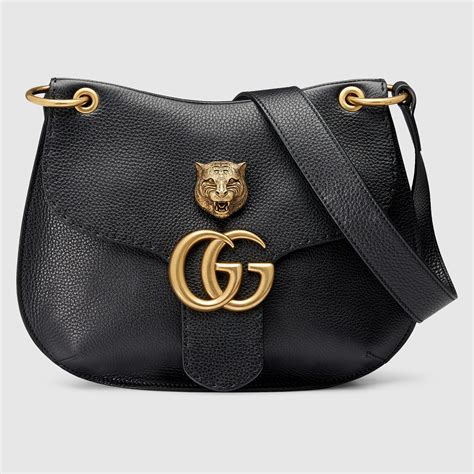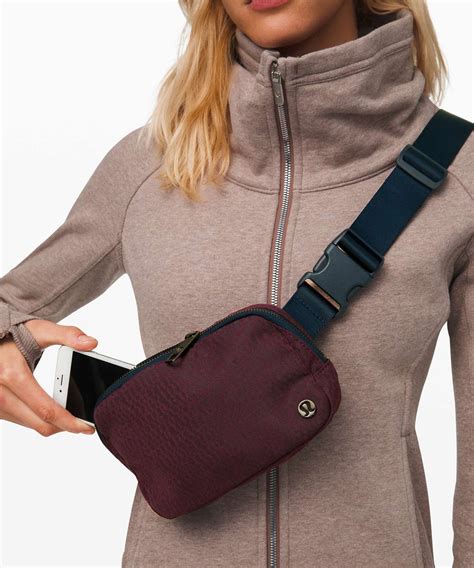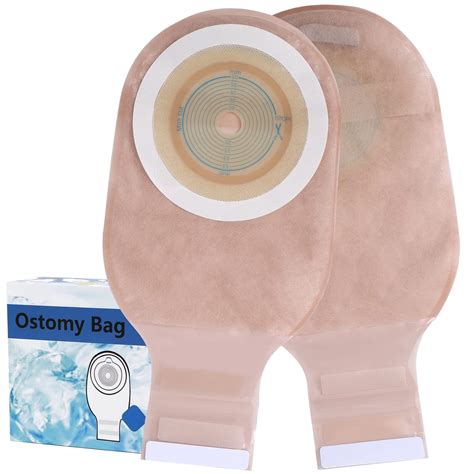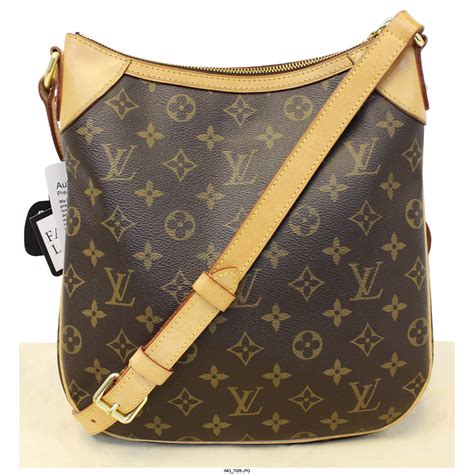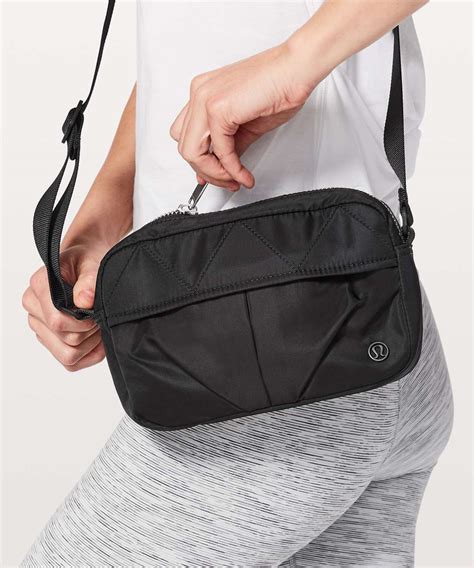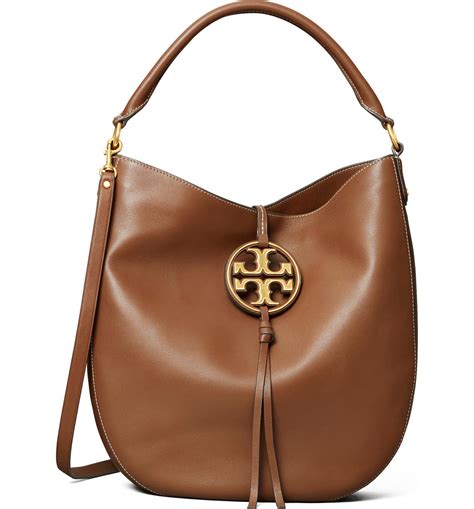neppe nike voetbalschoenen | Voetbalschoenen met vaste noppen voor heren
$106.00
In stock
The lure of a bargain is strong, especially when it comes to high-performance equipment like Nike football boots (voetbalschoenen). The sleek designs, innovative technologies, and endorsement by top athletes make Nike boots highly desirable. However, the high demand also fuels a thriving market for counterfeit or "neppe" Nike football boots. While the initial price tag of a fake might seem tempting, the long-term consequences can range from poor performance and injuries to supporting unethical and illegal activities. This article delves into the world of fake Nike football boots, exploring the reasons behind their popularity, the dangers they pose, how to identify them, and why investing in genuine Nike footwear is ultimately a better choice.
The Allure of the Fake: Why People Buy Counterfeit Nike Football Boots
Several factors contribute to the demand for fake Nike football boots:
* Price: This is the most significant driver. Genuine Nike football boots can be expensive, especially the top-tier models worn by professional players. Counterfeit versions offer a significantly lower price point, making them accessible to a wider range of consumers, particularly those on a tight budget. The promise of a "Nike" experience at a fraction of the cost is hard to resist for some. A price tag of $125.00 for a fake Nike boot might seem like a good deal compared to the $300+ for a genuine pair, but it's crucial to consider the trade-offs.
* Accessibility: The internet has made counterfeit goods readily available. Numerous online marketplaces and social media platforms host sellers offering "replica" or "AAA quality" Nike boots. These platforms often lack the rigorous vetting processes of authorized retailers, making it easier for counterfeiters to reach potential buyers.
* Appearance: Modern counterfeiters are becoming increasingly sophisticated. They can often replicate the appearance of genuine Nike boots with remarkable accuracy, making it difficult for the untrained eye to distinguish between the real and the fake. This is especially true for newer models, where the counterfeiters have had more time to study and copy the designs.
* Perceived Value: Some consumers believe that counterfeit boots offer similar performance to genuine ones, particularly for casual or infrequent use. They rationalize their purchase by thinking that the marginal difference in performance doesn't justify the significant price difference.
* Lack of Awareness: Many buyers are simply unaware that they are purchasing counterfeit goods. They may trust the seller's claims of authenticity or be fooled by the convincing appearance of the boots.
The Dangers of Wearing Fake Nike Football Boots
While the lower price of counterfeit boots might seem appealing, the risks associated with wearing them far outweigh the savings:
* Poor Performance: Fake Nike boots are typically made from inferior materials and lack the advanced technologies found in genuine models. This can significantly impact performance on the pitch. The boot might not provide adequate support, cushioning, or traction, leading to decreased agility, speed, and overall playing ability.
* Increased Risk of Injury: This is perhaps the most serious consequence of wearing fake football boots. Counterfeit boots often lack the necessary structural integrity and support to protect the foot and ankle from injury. The soles may be too stiff or too flexible, the studs may be poorly positioned or made of weak materials, and the overall construction may be substandard. This can increase the risk of sprains, fractures, blisters, and other injuries.
* Reduced Durability: Counterfeit boots are typically made from cheaper materials that are not designed to withstand the rigors of football. They are likely to wear out quickly, with the soles separating, the studs breaking off, or the upper material tearing. This means that you will need to replace them more frequently, negating any initial cost savings.
* Discomfort: Fake Nike boots often have poor fit and finish, leading to discomfort and blisters. The materials may be stiff and inflexible, and the stitching may be rough and irritating. This can distract you from the game and affect your performance.
* Supporting Illegal Activities: Purchasing counterfeit goods supports unethical and illegal activities, including intellectual property theft, unfair labor practices, and even organized crime. By buying fake boots, you are contributing to a system that exploits workers and undermines legitimate businesses.
* Lack of Warranty and Support: Genuine Nike football boots come with a warranty that protects you against manufacturing defects. Counterfeit boots, on the other hand, offer no such protection. If your fake boots break or malfunction, you will have no recourse.
Identifying Fake Nike Football Boots: A Detailed Guide
Distinguishing between genuine and fake Nike football boots can be challenging, but there are several telltale signs to look for:
* Price: If the price seems too good to be true, it probably is. Genuine Nike football boots are priced competitively, but they are rarely heavily discounted, especially for new models. Be wary of sellers offering significantly lower prices than authorized retailers.
* Seller Reputation: Purchase from reputable retailers or authorized Nike dealers. Check online reviews and ratings for the seller before making a purchase. Be cautious of sellers with limited or negative feedback.
* Packaging: Genuine Nike football boots come in high-quality packaging with clear branding, accurate product information, and a proper barcode. Counterfeit packaging may be flimsy, poorly printed, or contain errors.
Additional information
| Dimensions | 9.6 × 1.2 × 2.5 in |
|---|

